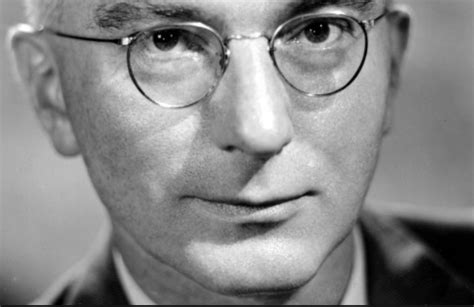A Quote by Robert Aris Willmott
Philosophical studies are beset by one peril, a person easily brings himself to think that he thinks; and a smattering of science encourages conceit. He is above his companions. A hieroglyphic is a spell. The gnostic dogma is cuneiform writing to the million. Moreover, the vain man is generally a doubter. It is Newton who sees himself in a child on the sea shore, and his discoveries in the colored shells.
Related Quotes
No man could bring himself to reveal his true character, and, above all, his true limitations as a citizen and a Christian, his true meannesses, his true imbecilities, to his friends, or even to his wife. Honest autobiography is therefore a contradiction in terms: the moment a man considers himself, even in petto, he tries to gild and fresco himself. Thus a man's wife, however realistic her view of him, always flatters him in the end, for the worst she sees in him is appreciably better, by the time she sees it, than what is actually there.
Socrates said, our only knowledge was
"To know that nothing could be known;" a pleasant
Science enough, which levels to an ass
Each Man of Wisdom, future, past, or present.
Newton, (that Proverb of the Mind,) alas!
Declared, with all his grand discoveries recent,
That he himself felt only "like a youth
Picking up shells by the great Ocean-Truth."
Philosophy springs from the love of being; it is man's loving endeavor to perceive the order of being and attune himself to it. Gnosis desires dominion over being; in order to seize control of being the Gnostic constructs his system. The building of systems is a gnostic form of reasoning, not a philosophical one.
Since Copernicus, man seems to have got himself on an inclined plane-now he is slipping faster and faster away from the center into-what? into nothingness? into a 'penetrating sense of his nothingness?' ... all science, natural as well as unnatural-which is what I call the self-critique of knowledge-has at present the object of dissuading man from his former respect for himself, as if this had been but a piece of bizarre conceit.
In philosophical anthropology, ... where the subject is man in his wholeness, the investigator cannot content himself, as in anthropology as an individual science, with considering man as another part of nature and with ignoring the fact that he, the investigator, is himself a man and experiences this humanity in his inner experience in a way that he simply cannot experience any part of nature.
The man who has given himself to his country loves it better; the man who has fought for his friend honors him more; the man who has labored for his community values more highly the interests he has sought to conserve; the man who has wrought and planned and endured for the accomplishment of God's plan in the world sees the greatness of it, the divinity and glory of it, and is himself more perfectly assimilated to it.
Whoever is wise is apt to suspect and be diffident of himself, and upon that account is willing to "hearken unto counsel"; whereas the foolish man, being in proportion to his folly full of himself, and swallowed up in conceit, will seldom take any counsel but his own, and for that very reason, because it is his own.


































